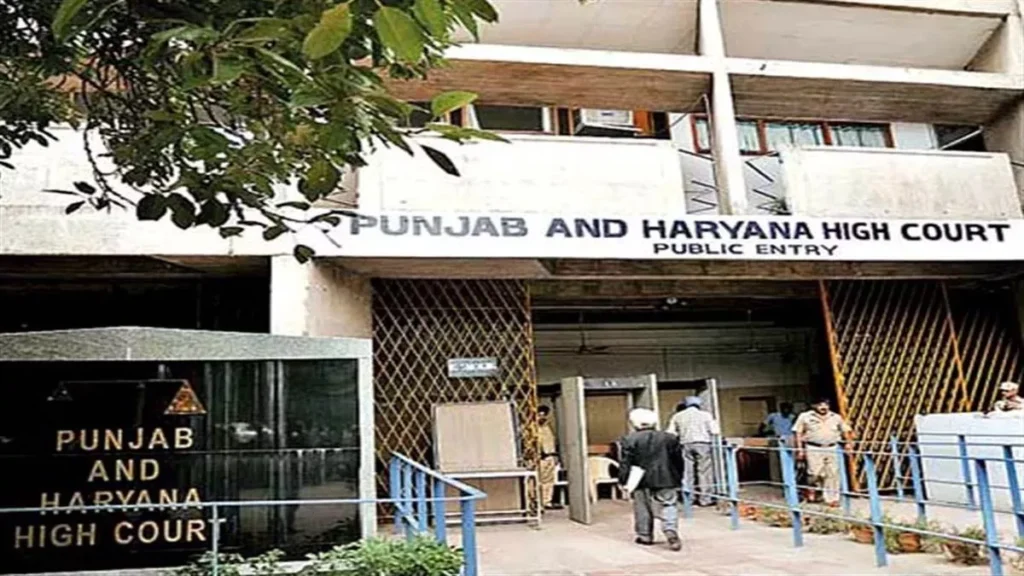The Punjab and Haryana High Court has stated that courts must not accept partial settlements in criminal cases.

The Punjab and Haryana High Court decided that courts cannot accept partial agreements in criminal cases. This means some accused can’t be cleared while others still go to trial. The ruling followed a question from another bench about whether such compromises could be allowed, given their effect on the trials of others involved. Justices Sureshwar Thakur and Sudeepti Sharma stated that all accused must be tried together, as required by Section 223 of the Code of Criminal Procedure, now replaced by Section 246 of the Bharatiya Nagarik Suraksha Sanhita.
The Court noted that to prevent the victim or complainant from controlling the criminal justice process through partial agreements, courts must reject these types of settlements. They stressed that allowing such agreements could harm the fairness of the justice system. The judges explained that piecemeal settlements could disrupt the trial process, giving the victim or complainant undue influence over the proceedings. This could lead to an unfair trial for those still facing charges.
The Court highlighted the possible issues with accepting partial settlements. It mentioned that if the victim later denies the settlement during the trial, it could invalidate any agreement made. Additionally, accused individuals not included in the settlement might claim that the trial is merely a form of harassment. The Court also noted that allowing a settlement with one or more accused, especially the main accused, could complicate proving the shared criminal responsibility of all parties. This could result in an incomplete trial, weakening the prosecution’s case and harming the public interest in justice.
The Court warned that trials involving accused individuals not part of the settlement could become problematic, leading to misuse of legal processes and potential harassment of those accused. It found that past practices of accepting partial settlements, as seen in various single-judge decisions, did not align with the Supreme Court’s rules on dismissing cases after compromises. The Court urged High Courts to be cautious with partial settlements and to refrain from issuing piecemeal orders for resolving offenses. The Bench’s comments reflect a concern for upholding fairness and integrity in the criminal justice system, ensuring that no party, including the accused, faces unnecessary harm or injustice during the trial.
Cause Title: Rakesh Das & Ors. v. State of Haryana & Anr., [2024:PHHC:147654-DB]









